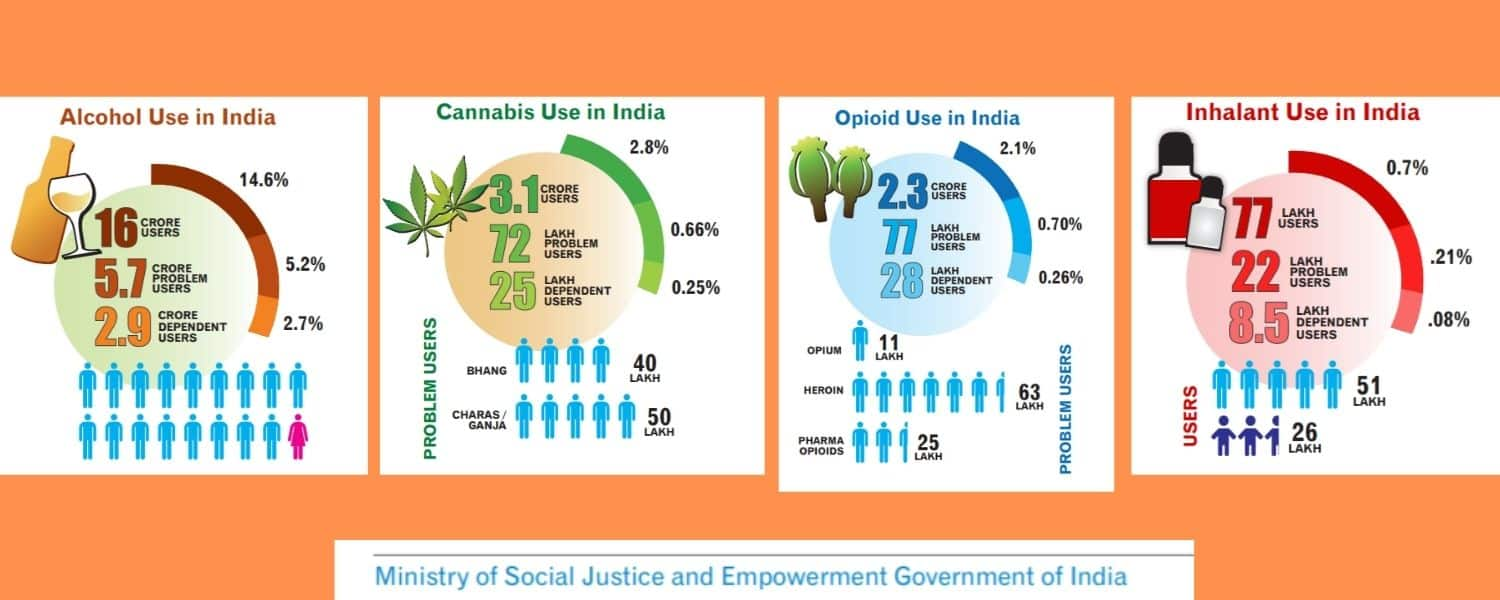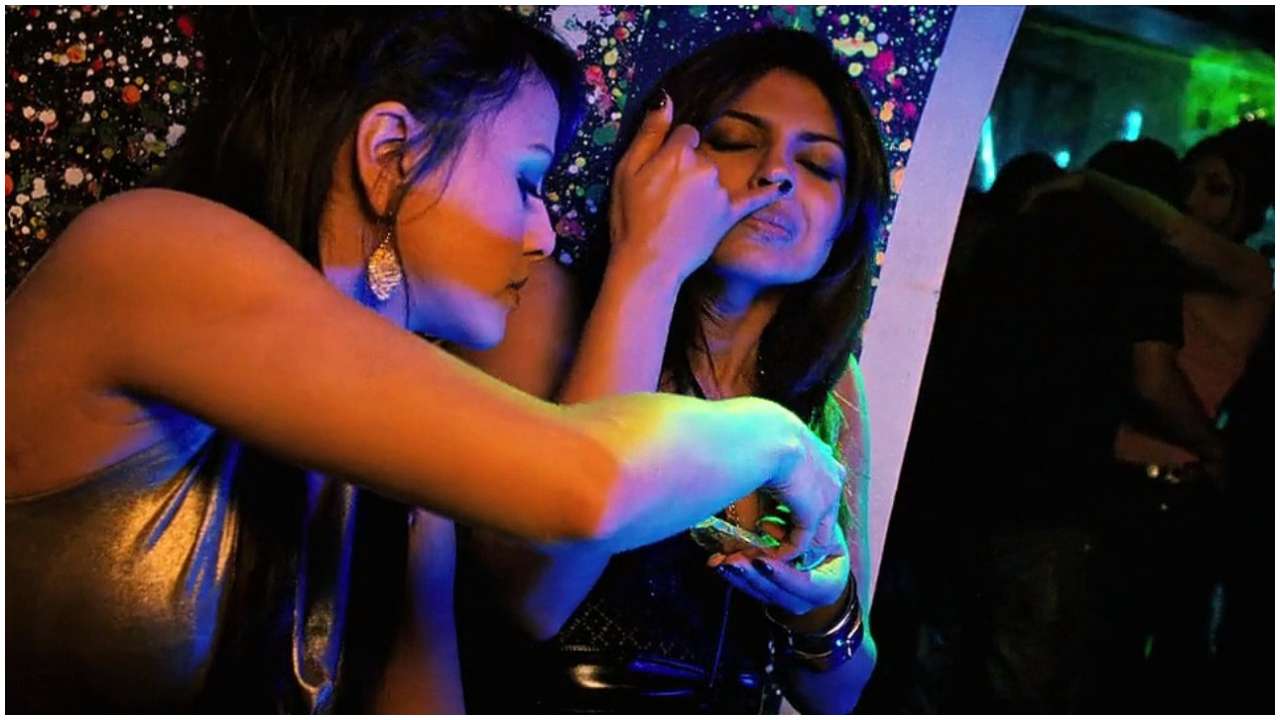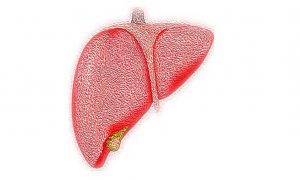According to the Ministry of Social Justice and Empowerment, “Just about one in 180 individuals with alcohol dependence and one in 20 persons with illicit drug dependence report getting in-patient treatment.”
New Delhi: Bollywood actor Sanjay Dutt once said, “Always be high on life, never on drugs” while talking about his drug addiction battle. The actor went to a de-addiction centre for two years in the US and has since then never looked back. Sanjay’s story is not a one-off case. The recent arrest of Shah Rukh Khan’s son Aryan Khan in an alleged drugs case brings to light the often taboo topic of Substance Use Disorder (SUD) and the need for a proper health care system to fight this menace.
According to the Ministry of Social Justice and Empowerment, “Just about one in 180 individuals with alcohol dependence and one in 20 persons with illicit drug dependence report getting in-patient treatment.”
Dr Venkatesh Babu, Consultant – Psychiatrist, Fortis Hospitals, Bangalore shares with us what SUD is and how it can be treated.
“When it comes to recovering from addiction, many people find that the first step is the most difficult: admitting that you have an issue and deciding to do something about it. But no matter how hopeless your situation appears or how many times you’ve tried and failed before, recovery is always within reach. Treatment and support are essential for a person’s recovery,” shares Dr Babu.

He further explains that Drug addiction, also known as Substance use disorder (SUD), is the inability to control the consumption of any legal or illegal drug or medication.
“Once addicted, one might continue to use it even if it causes them harm. Illegal or prescription drugs can cause brain changes, causing powerful cravings and compulsions to use, increasing the need to use over time.”
The types of substances abused are Alcohol, Opioids, Stimulants, Hallucinogens, Cannabis, Tobacco, marijuana, and nicotine, all of which can cause serious health hazards after prolonged consumption.

“It is unknown what causes SUD’s but some possible contributors can be peer pressure, emotional distress, anxiety, genes, depression, and environmental stress. Alcohol is the most commonly consumed substance and is used by 2.8 percent of people, with a male to female ratio of 17:1 and 19 percent of drinkers being dependent on it,” explains Dr Babu.
Symptoms
Symptoms or behaviors of drug addiction include:
- – Confusion
- – Inability to stop or reduce
- – Incidents of violence/hostility
- – Eventually, requiring more of the drug
- – Experiencing withdrawal symptoms if one tries to stop taking the drug
- – Continuing to use drugs regularly despite harm to one’s health, work, or family
How is treatment helpful?
Addiction treatments aim to assist addicts in overcoming their compulsive drug-seeking. “People grappling with uninhibited or troublesome use of hallucinogenic substances intend to stop and favor attaining abstinence at home. Still, they are ineffectual due to various prevalent factors such as lack of motivation, interpersonal disagreements, unresolved psychological concerns, withdrawal symptoms, or co-occurring medical ailments,” reveals Dr Babu.
He further adds, “Psychologists and healthcare workers aid such people in accomplishing and maintaining abstinence by carrying out pharmacological and non-pharmacological treatment strategies. A multidisciplinary team approach where an individual undergoes detoxification to circumvent withdrawal complications and manage chronic medical, psychiatric, and psychosocial complications.”

Dr Babu also says that a range of evidence-based techniques can be used to treat addiction. Drug addiction can be treated using behavioural treatment (cognitive-behavioral therapy or contingency management), medicines, or a combination of the two.
“The type or combination of treatments will depend on the patient’s specific needs and the drugs they use. For instance, medications like methadone, buprenorphine, and naltrexone can aid opioid addiction, while tobacco addicts can try nicotine patches, gum, lozenges, and nasal spray.”
A few tips to help prevent a relapse
Relapsing into that pattern is a common occurrence in the process of recovering from drug addiction. While it can be aggravating and depressing, it can also be an opportunity to learn from your mistakes, find new triggers, and change your treatment plan as a result.
- – Follow treatment and diet plan to the letter.
- – Following therapies, counseling sessions, support group meetings, and timely medications increases the chances of remaining drug-free.
- – Avoid high-risk situations. Don’t return to the drug-dealing areas and people.
- – If you start using again or need help recovering, contact your doctor or mental health professional to assist you immediately.
“SUD is an illness and not merely a matter of choice. The remedy involves healing the body and soul together with a time-tested blend of medicine, therapy, and newer brain stimulation techniques,” concludes Dr Babu.



































